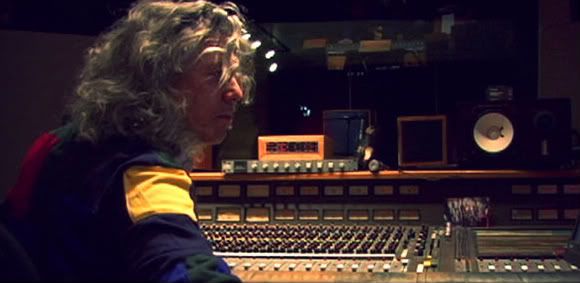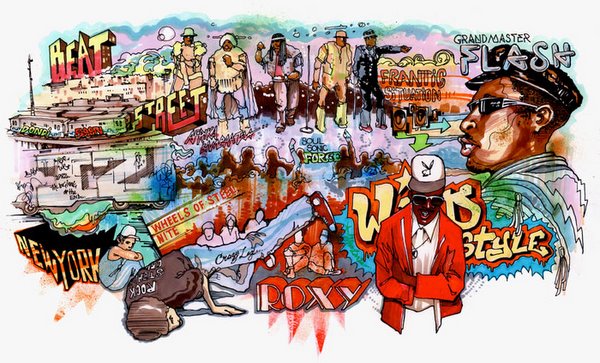
Stumbled across this incredibly interesting interview that former BrooklynBodega.com writer Eavon O’Neal did with Engineer/producer/musician extraordinaire Bob Power awhile back and thought I'd throw it up for all my PHH production heads and audiophiles...
If the name doesn't ring a bell, (and honestly I wouldn't imagine it would to most unless you were a big Native Tongues junkie) than kindly refer to the liner notes from some of your favorite Hip-Hop and Neo-Soul albums. Names like Common, D'Angelo, De La Soul, A Tribe Called Quest, Stetsasonic and Erykah Badu are some of the people and groups Power has blessed with his unique mixing and mastering skills and I must say, I've been a fan of his work for years, I just didn't know it, lol...
Lean back and get your read on as Mr. Power discusses his technique, what the word "vibe" means when a song has it and drops some words of wisdom for making sonically dope music...
-BIG D O
EON: Your history speaks to both the power of self-discovery in music, as well as approaching it from an academic mindset—what are the benefits of each path? The shortcomings?
BP: That’s essential no matter what you do, whether you are in the record business, or a Dairy Farmer. You sort of have to find how you relate to what you do, and find the best way to go about that. The academic thing just sort of happened. I ended up with a couple of music degrees; when I first went away to college, I didn’t know what else to do so I applied to be a music major. Then my distaste for failure kept me going.
All the academic stuff has been hugely valuable to me. There is a whole part of my career that a lot of people don’t know about when I do productions, when I do programming, when I do arranging, when I play, the skills I learned in school were amazing for that. Not that they taught me how to do those things exactly, but they taught me the language of music, so it’s a little easier to live in that end of things, because I just know how to arrange music, how to write music, how to read it; it just makes it easier to get my hands around that when I need to.
As far as specifics, [academia] is one of the many things that has helped my career. I think for anyone, particularly in the record business, you can’t—until you reach some wonderful point of arrival—you can’t just do one thing. The trick is to do as many things as you can that all relate to what you want to do and get paid and learn all at the same time.
Read The Rest Here






No comments:
Post a Comment